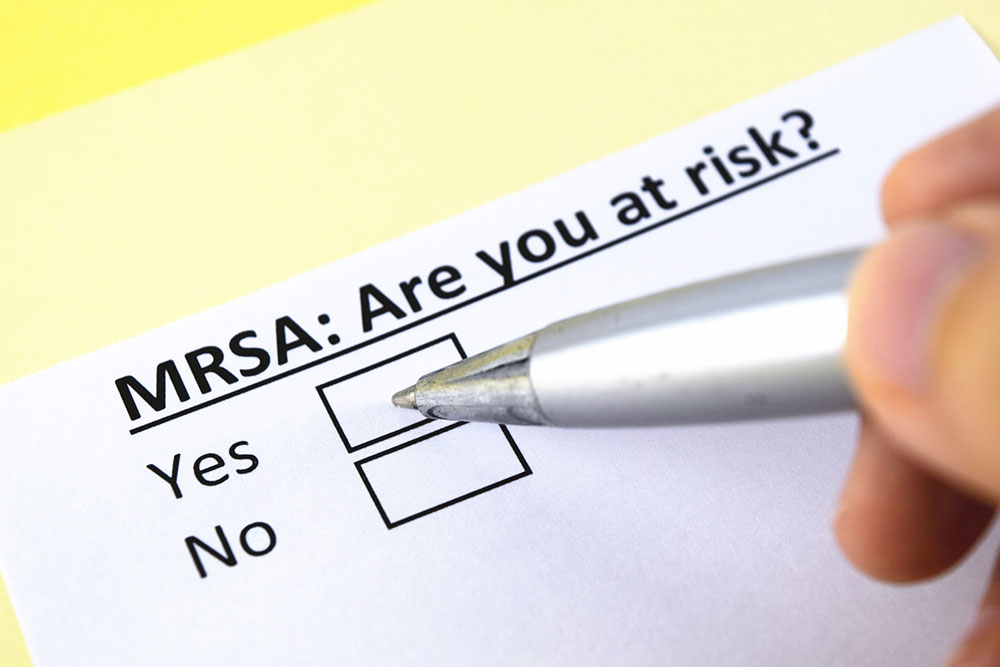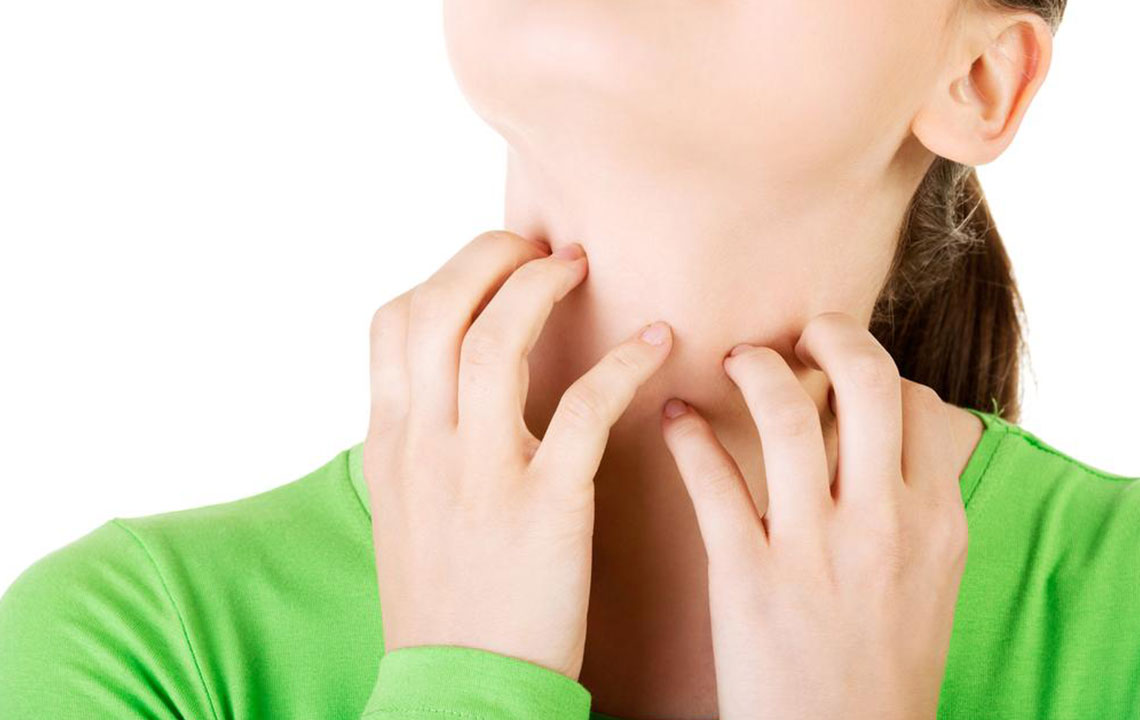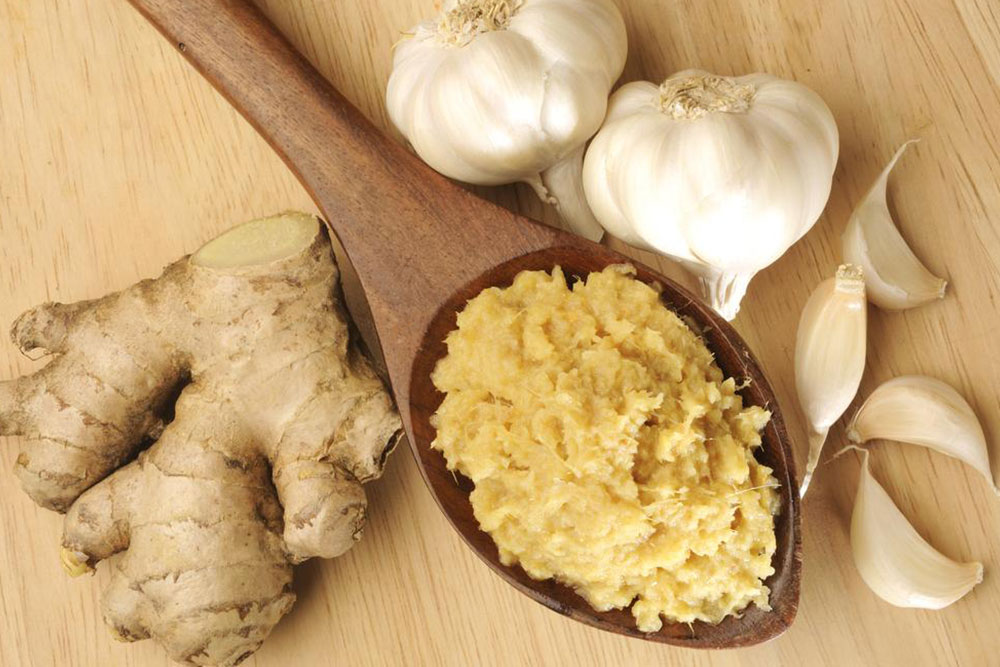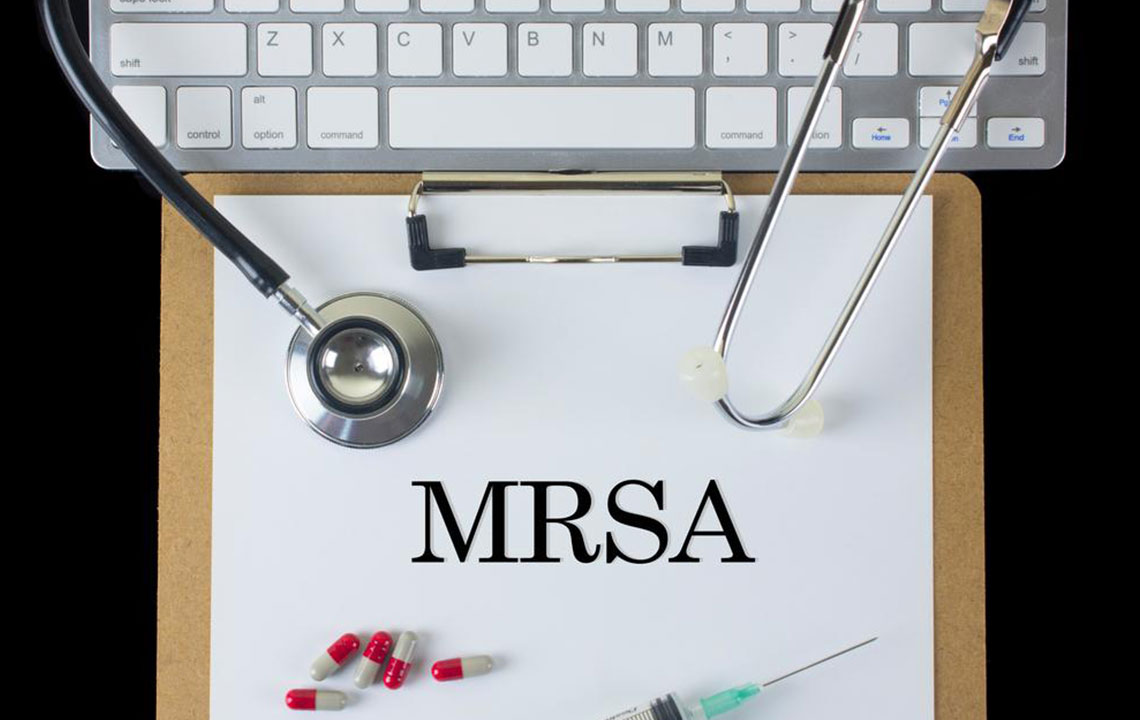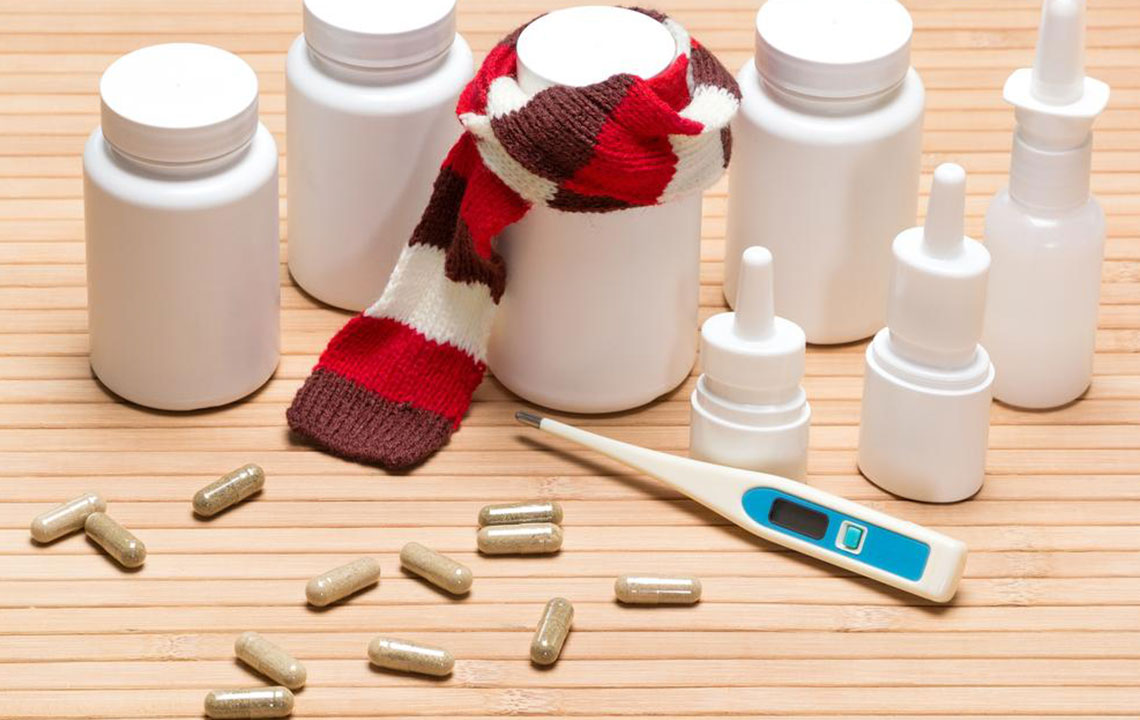Comprehensive Guide to MRSA: Causes, Symptoms, Prevention, and Treatment Options
This comprehensive guide explores MRSA, detailing its causes, symptoms, prevention methods, and treatment options. Learn how to identify early signs, implement effective hygiene practices, and understand medical therapies to combat this resistant superbug. A valuable resource for those at risk or seeking preventive measures against MRSA infections.
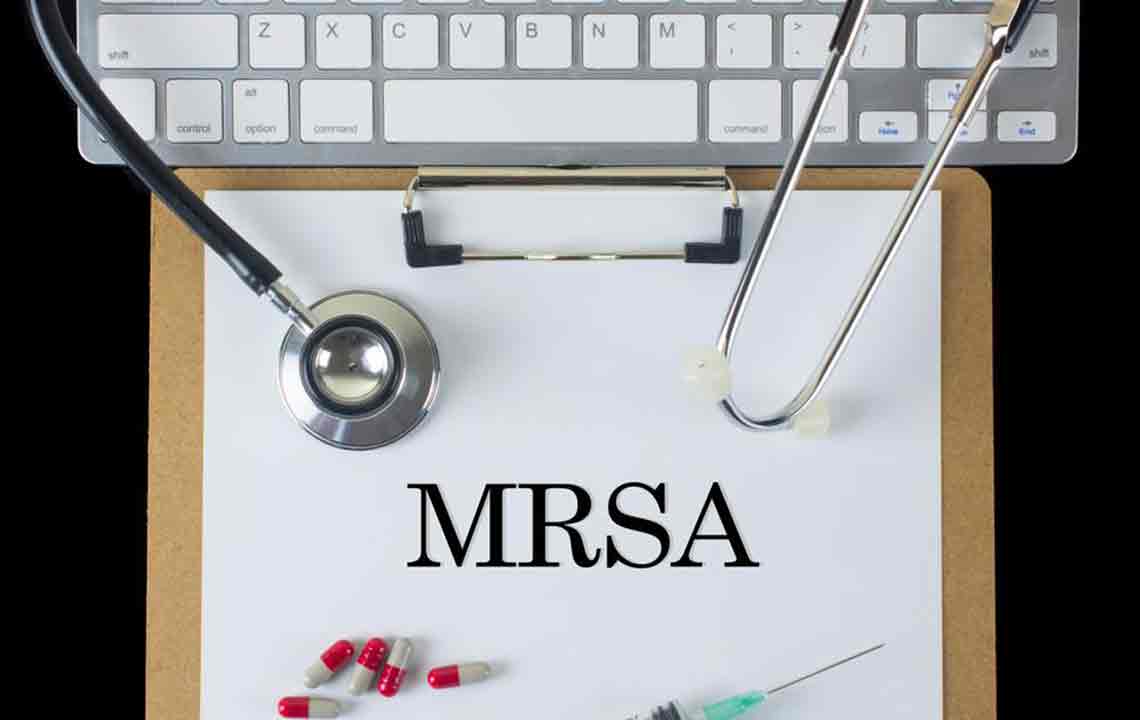
An In-Depth Exploration of MRSA: Causes, Symptoms, Prevention, and Effective Treatments
Methicillin-resistant Staphylococcus aureus, commonly known as MRSA, represents a formidable challenge in the realm of infectious diseases. Recognized for its resistance to many traditional classes of antibiotics, MRSA has earned the moniker "superbug" due to its ability to evade standard treatments that typically combat bacterial infections. Understanding MRSA is crucial for early recognition, effective prevention, and successful treatment, especially considering its potential to develop into a life-threatening condition if not managed promptly.
MRSA initially manifests as skin infections, often appearing as small boils, pimples, or abscesses. These skin lesions may be mistaken for common skin conditions but require early medical attention. When untreated, MRSA infections can escalate, leading to deeper tissue involvement or bloodstream infections, which pose severe health risks. The diagnostic process typically involves sampling from the infected area through bacterial cultures, coupled with blood tests, urine analysis, or sputum examination to assess the spread and severity of the infection.
Causes of MRSA primarily involve close contact and contaminated surfaces. The bacteria responsible, Staphylococcus aureus, is prevalent and often carried harmlessly on the skin or inside the nasal passages of many individuals. Transmission occurs through skin-to-skin contact, especially in crowded environments such as hospitals, gyms, or community settings like schools. Touching contaminated objects—doorknobs, towels, or shared equipment—can facilitate the spread. The risk factors are multifaceted and include broken skin or cuts, compromised immune defenses, prior antibiotic use, and underlying health conditions.
Numerous factors heighten susceptibility to MRSA. These include skin injuries, poor hygiene practices, and immunosuppressive conditions. Elderly individuals, due to age-related decline in immune function, are particularly vulnerable. Extensive use of antibiotics can disrupt normal bacterial flora, select for resistant strains, and foster MRSA colonization. Recognizing these risk factors helps in proactive prevention, as well as in timely diagnosis and intervention.
Preventative measures revolve around maintaining high standards of hygiene. Regular handwashing, proper wound care, avoiding sharing personal items like towels or razors, and disinfecting surfaces are vital. Individuals should be cautious in settings with known outbreaks and avoid unnecessary antibiotic use. For those at higher risk, screening and decolonization strategies may be recommended by healthcare providers.
Once colonized or infected, rapid medical intervention is essential. Standard treatment options include antibiotics like trimethoprim-sulfamethoxazole, clindamycin, or doxycycline; however, due to resistance, susceptibility testing guides therapy. Severe cases may require intravenous antibiotics such as vancomycin or linezolid. Completing the prescribed course ensures comprehensive eradication. Topical treatments, including mupirocin ointments, can assist in treating localized skin infections and prevent recurrence.
Home remedies provide supplementary support, but they do not replace professional medical care. Natural antibacterial agents like tea tree oil, olive leaf extract, thyme, and lapachol tea have demonstrated antimicrobial properties. Applying tea tree oil directly on skin lesions can reduce bacterial load, while oral supplements such as thyme extracts improve internal immune responses. Drinking lapachol tea may bolster the body's natural defenses, aiding recovery from MRSA infections.
In summary, awareness and early intervention are pivotal in managing MRSA infections. Maintaining good hygiene, seeking prompt medical attention for suspicious skin lesions, and adhering to prescribed treatments significantly reduce health risks. Understanding the causes, recognizing symptoms early, and employing preventive strategies are key to controlling the spread of this resilient pathogen.
